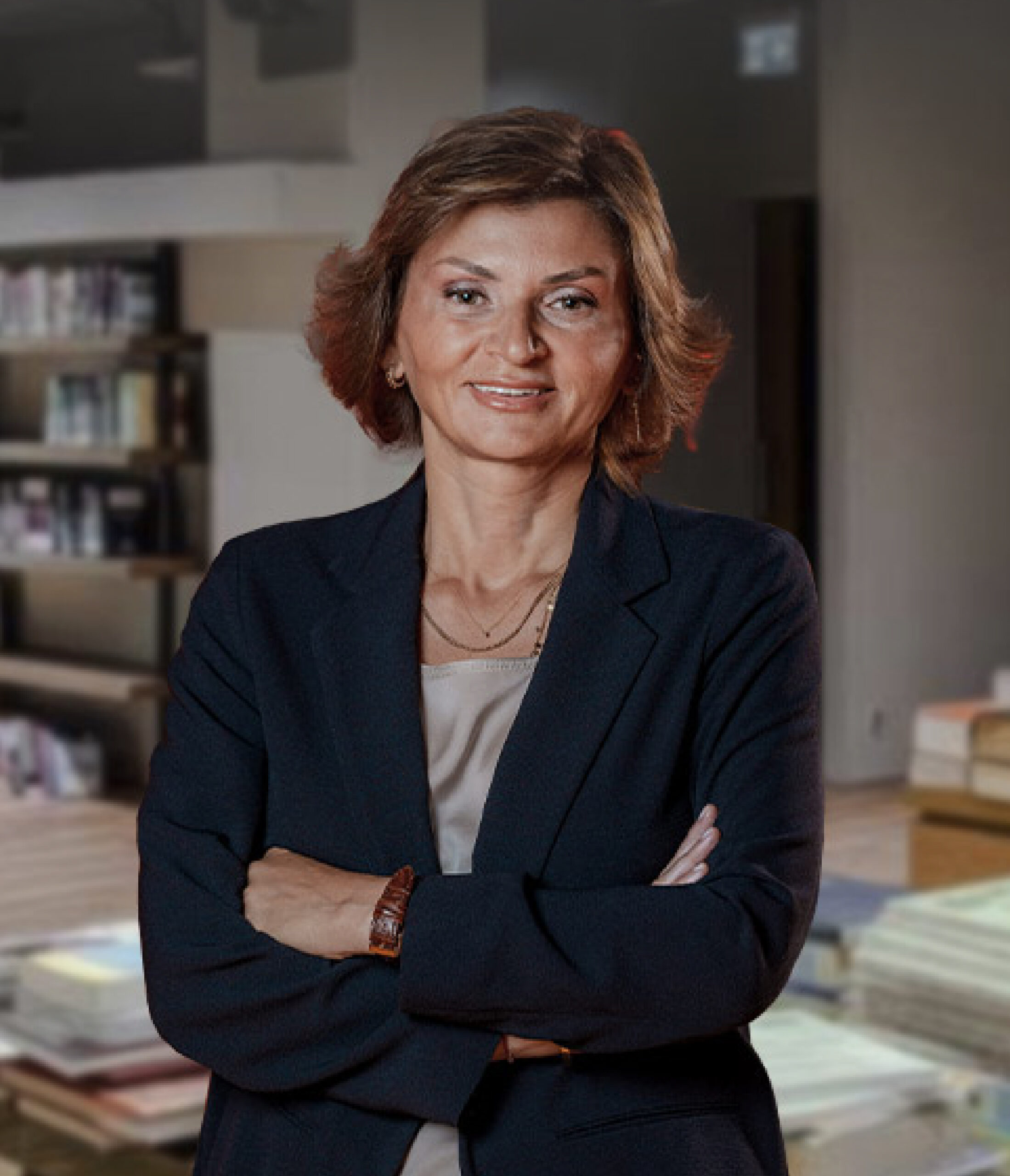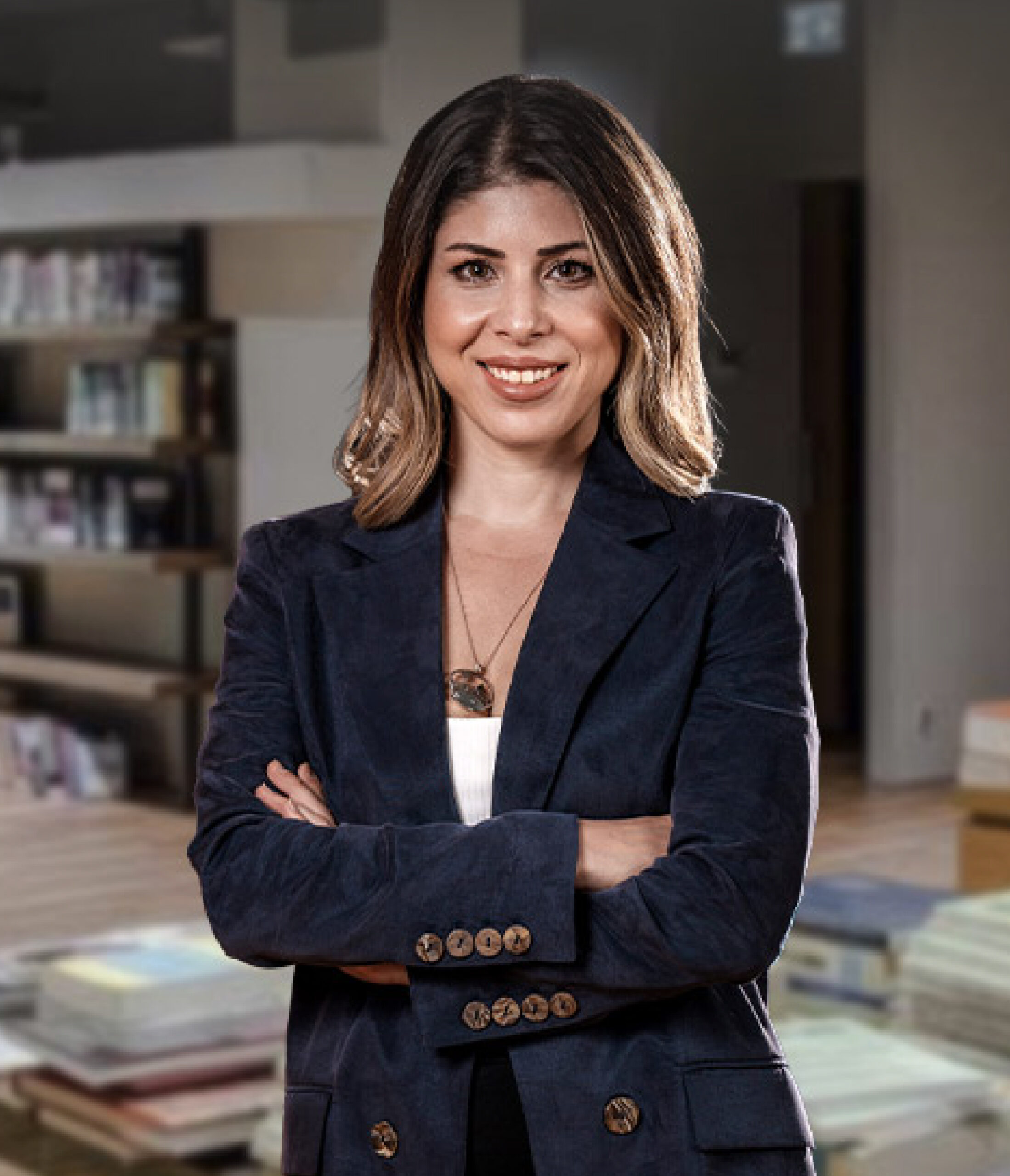Expert opinions play an important role in resolving disputes handled by first instance courts in Turkey.
If solving a dispute requires technical or specialist knowledge and cannot be resolved via the judge’s legal knowledge and professional experience, the Civil Procedural Law empowers judges to appoint an expert or panel of experts. However, a recent court decision has raised questions about the role of expert reports and when judges can legitimately request such reports.
Judges can make the decision on reports either ex officio or at the parties’ request. The expert or expert panel examines the dispute within certain limits defined by the court, then submits a report. Court-appointed experts are considered to be civil servants under the Turkish Criminal Code. However, they are not part of the court which appoints them, nor do they have a voting right regarding the merits of the case.
Although expert reports are for guidance only and are not binding on judges, most first instance court decisions are rendered in line with the expert report. Heavy judicial workloads in recent decades mean courts have begun to appoint expert panels even for legal issues.
The trend also applies to intellectual property actions, with notable circumstances including:
- Patents: Judges at IP courts (or in cities where specialist courts are not established, ie, civil courts of first instance which are authorised to handle IP matters) have no scientific or technical background. Therefore, expert opinions carry even more importance in understanding and applying technical aspects of disputed patents.
- Trademarks: Even specialist IP courts usually appoint an expert panel to determine the risk of confusion or existence of a trademark’s well-known character. In practice, if a plaintiff bases its arguments on a trademark’s well-known character, the Court of Appeal requires an expert examination.
Problems with multiple experts
In June, the Assembly of Civil Chambers, the highest body of Turkey’s Court of Appeal, ruled on the necessity of an expert report in a dispute about confusion between two trademarks. The plaintiff initiated a cancellation action seeking to overturn the Turkish Patent Institute’s decision to reject the plaintiff’s opposition to the defendant’s trademark application.
The first instance court obtained an expert report from a panel of three experts. The court rejected the plaintiff’s claim, based on this expert report, ruling that there was no likelihood of confusion between the trademarks. The plaintiff appealed against the first instance court’s decision to the Court of Appeal and the case was ultimately sent back to the lower court for a second examination.
During its second examination, the lower court obtained a second expert report, from a different expert panel. The second report reached a conclusion different from that of the earlier panel of experts. Despite the second panel’s conclusion, the court ruled again to dismiss the plaintiff’s claim.
The plaintiff appealed against the decision to the Court of Appeal for a second time and the case was sent back to the lower court for a third examination.
The lower court continued to insist on its earlier decision, on the basis that:
- The trademark similarity and confusion test is a legal issue;
- Contradiction between expert reports does not require an expert’s technical opinion;
- The likelihood of confusion test is well defined under article 8(1)(b) of the Trademark Decree Law No: 556, and requires only a judge’s legal knowledge;
- The Appeal Court 11th Chamber (which is responsible for examining IP-related court decisions) has two approaches on the matter:
- In some cases, it has affirmed decisions from first instance courts that are rendered without seeking an expert opinion; and
- In other cases, it has remanded cases to lower courts if it does not find the assessment accurate in decisions which are rendered in accordance with the expert opinion.
A contradictory approach
Since the lower court insisted on its earlier decision, the issue was referred back to the Court of Appeal to be considered by its highest body (the Assembly of Civil Chambers).
The Assembly of Civil Chambers upheld the lower court’s earlier decision, holding that:
- In the likelihood of confusion test, first the similarity of the signs, and then the goods and services are taken into account. These issues require a judge’s legal knowledge;
- The courts cannot appoint an expert panel where solving the dispute requires a judge’s general and legal knowledge;
- Judges cannot seek an expert opinion on the likelihood of confusion test for trademarks.
- Expert reports are not binding on judges.
In most trademark-related disputes, decisions from lower courts are rendered in accordance with the expert panel’s decision. Therefore, legal practitioners in Turkey are now in suspense about how the Assembly of Civil Chambers’ latest decision will affect judicial IP processes in Turkey.




